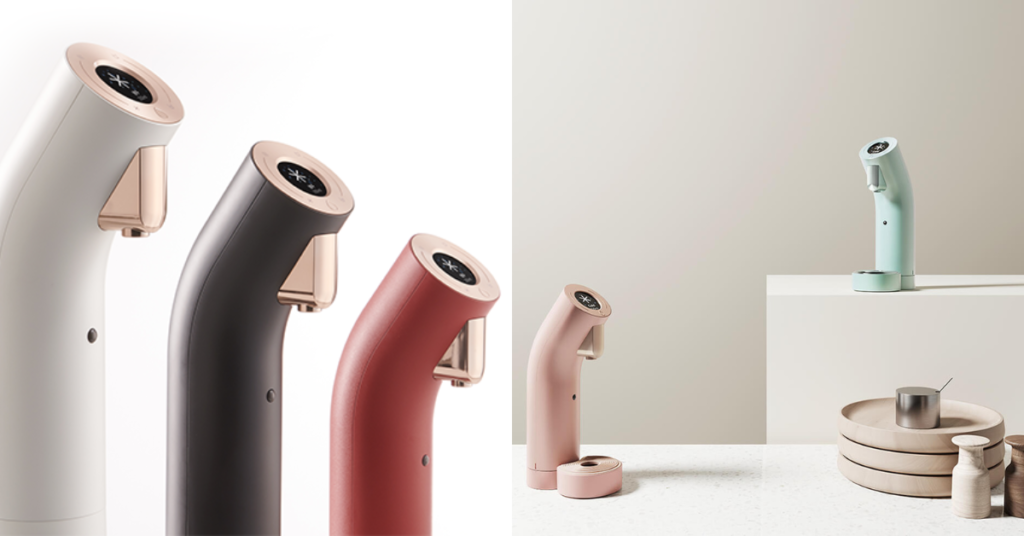
Top 9 Water Filter Benefits, Explained by an Expert
Fundamental to life, water is necessary for our health and general well-being. But the water we drink can be of very different quality; tap water frequently has several impurities that could be harmful to our health. Putting in a water filtration system can pay off handsomely and guarantee that you and your family have access to safe, clean drinking water. Being a water filter specialist, I’m here to go over in-depth the top nine advantages of using one:
1. Removal of Contaminants:
Water filters effectively remove a wide range of contaminants commonly found in tap water, including chlorine, lead, mercury, pesticides, pharmaceuticals, bacteria, and viruses. These contaminants can have adverse effects on health, ranging from gastrointestinal issues to long-term chronic diseases. By removing these impurities, water filters provide peace of mind and ensure that your drinking water is safe for consumption.
2. Enhanced Taste and Odor:
One of the noticeable benefits of filtered water is its improved taste and odor. Water filters remove chlorine, which is often added to tap water for disinfection purposes but can impart a strong, unpleasant taste and odor. Additionally, filters can eliminate other chemicals and impurities that contribute to off-flavors and odors, resulting in clean, refreshing water that is enjoyable to drink.
3. Healthier Drinking Water:
Filtered water is not only cleaner and better-tasting but also healthier. By removing harmful contaminants, water filters reduce the risk of waterborne illnesses and associated health problems. This is particularly important for vulnerable populations, such as children, the elderly, and individuals with compromised immune systems, who may be more susceptible to the adverse effects of contaminants in water.
4. Protection for Vulnerable Populations:
Water filters provide an extra layer of protection for vulnerable populations, including pregnant women, infants, and individuals with chronic illnesses. These groups are more sensitive to the effects of waterborne contaminants and may experience more severe health consequences as a result. By ensuring that drinking water is free from harmful impurities, water filters help safeguard the health and well-being of these individuals.
5. Reduction of Heavy Metals:
Many water filters are designed to specifically target heavy metals, such as lead, mercury, and arsenic, which can leach into drinking water from pipes, plumbing fixtures, and environmental sources. Chronic exposure to heavy metals has been linked to various health problems, including neurological disorders, kidney damage, and cardiovascular disease. Water filters effectively reduce the levels of these harmful substances, protecting your health and the health of your family.

6. Removal of Chlorine and Chloramine:
Chlorine and chloramine are commonly used disinfectants in municipal water treatment facilities to kill bacteria and other pathogens. While effective at ensuring water safety, these chemicals can produce unpleasant tastes and odors in drinking water. Water filters equipped with activated carbon or other media can effectively remove chlorine and chloramine, improving the taste and odor of tap water and making it more palatable.
7. Preservation of Beneficial Minerals:
Unlike some water treatment methods, such as distillation or reverse osmosis, which remove beneficial minerals along with contaminants, many water filters preserve essential minerals like calcium, magnesium, and potassium. These minerals are important for maintaining hydration, electrolyte balance, and overall health. By retaining these minerals in filtered water, water filters ensure that you receive the full spectrum of nutrients with every sip.
8. Environmental Sustainability:
Using a water filter at home reduces the reliance on single-use plastic water bottles, which contribute to environmental pollution and waste. By opting for filtered tap water, you can significantly reduce plastic consumption and minimize your environmental footprint. Additionally, many water filters are reusable and require minimal maintenance, further reducing waste and promoting sustainability.
9. Cost Savings:
While the initial investment in a water filter may seem significant, it can lead to substantial cost savings over time. Compared to purchasing bottled water regularly, investing in a water filter allows you to enjoy clean, safe drinking water at a fraction of the cost. By eliminating the need for bottled water, you can save money while also reducing plastic waste and environmental impact.
In conclusion,
Investing in a water filter offers a multitude of benefits, from improved taste and health benefits to environmental sustainability and cost savings. By choosing to filter your tap water, you’re making a proactive decision to prioritize your health, protect the environment, and save money in the long run. With the wide range of water filtration options available today, there’s a solution to fit every budget, lifestyle, and water quality concern.